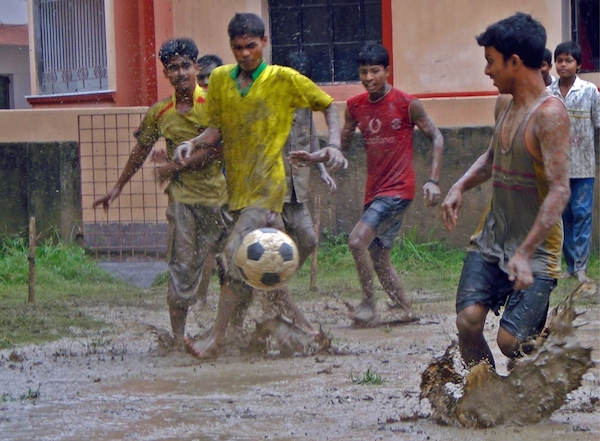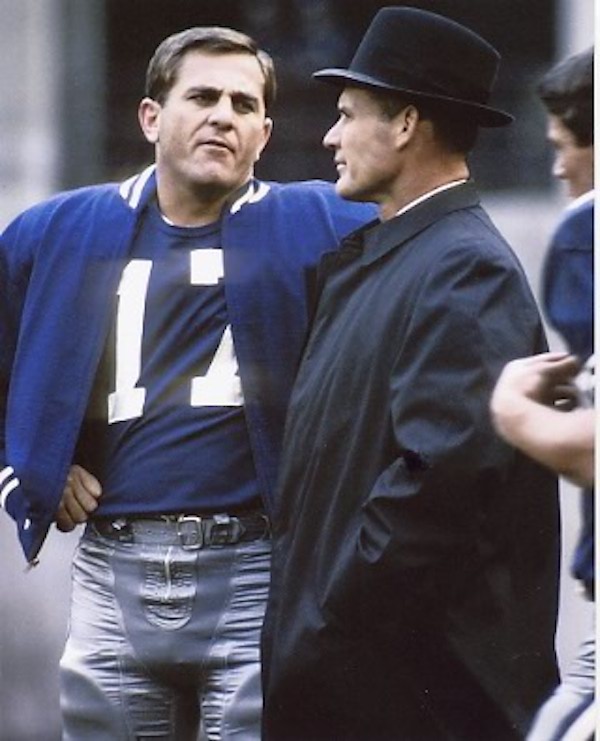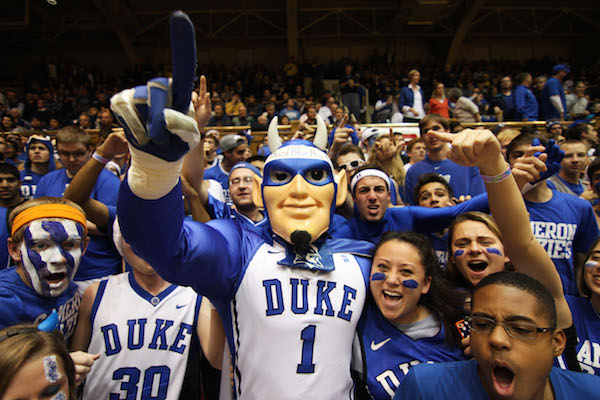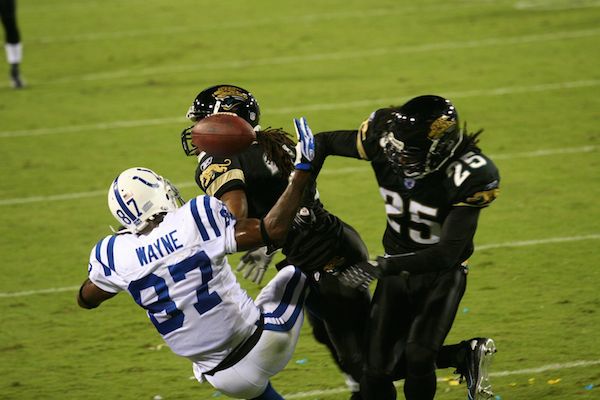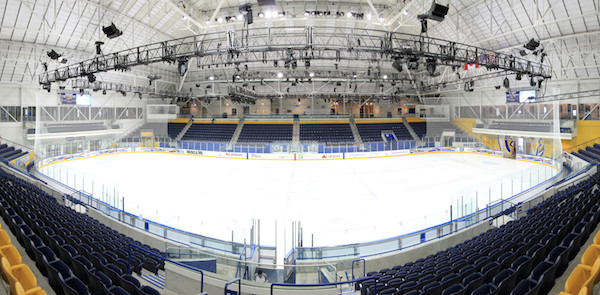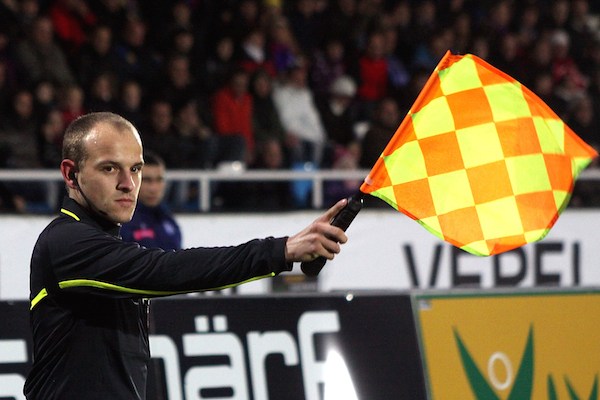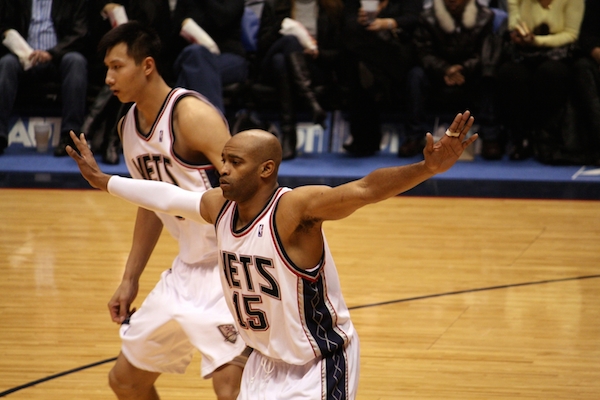Dear Sports Fan,
Why are sports played during certain seasons?
Thanks,
Jill
Dear Jill,
That’s an interesting question. Oddly enough I could find barely any answer for your question online. So… I’ll just have to make up an answer.
Sports seasons once made sense because the weather fit the sport. Football was played in the fall because it’s best played on cool, crisp autumn days. Playing football in the summer would be tortuous and dangerous for players running around in what basically amounted to heavy leather armor. Baseball cannot be played in the winter and because the season is so long and games have to be canceled on even the hint of rain, it’s important to get started as soon as spring begins to spring. Hockey is played on ice so… winter seems like a natural time for it especially in the days before super-powerful air-conditioners made it feasible to play hockey in South Florida and Texas. Since real Americans don’t play hockey, they needed something else to play in the winter. Enter Basketball, a sport that could be played in the summer but could be played in the winter!
Everything made some sort of intuitive sense until serious money got injected into sports leagues. With few exceptions, the more games a league scheduled, the longer the season, the more teams made the playoffs and the longer the playoffs were, the more money owners and players and television stations could make. This is where things started getting mushy. In 1960, when the NFL began it had a 12 game regular season. The next year they expanded to 14 games which lasted until 1978 when they added another 2 games. It’s been that way since then although they are now discussing moving to an 18 game season as part of the lockout negotiations. The first Super Bowl was held on Jan 15, 1967. This year’s Super Bowl was on February 6! Similar transformations have happened in the NBA and the NHL. The first NBA championship was on April 22, 1947. The Philadelphia Warriors beat the Chicago Stags. This year’s NBA championship ended on Sunday June 12! The NHL is not far behind. Actually it’s ahead. This year the NHL Finals ended on June 15. That’s not hockey weather!! The first NHL championship was back in 1893 and I can’t figure out the date, but the first modern championship ended on April 19. As for Baseball — the World Series has shifted from October 13 in 1903 to November 1.
Everything used to be better. Now nothing makes any sense. Or so says the grumpy old man…
Thanks for the question,
Ezra Fischer

